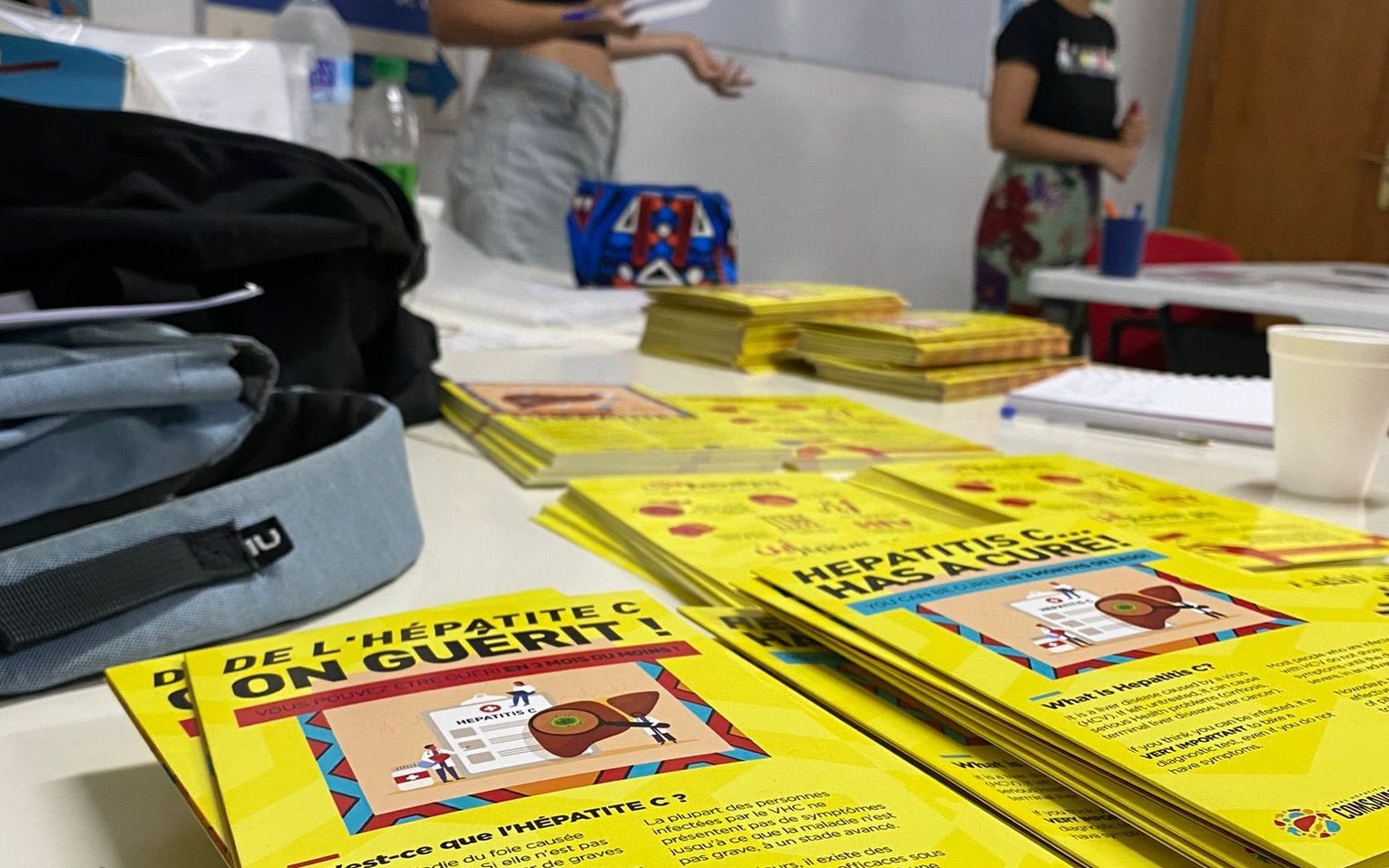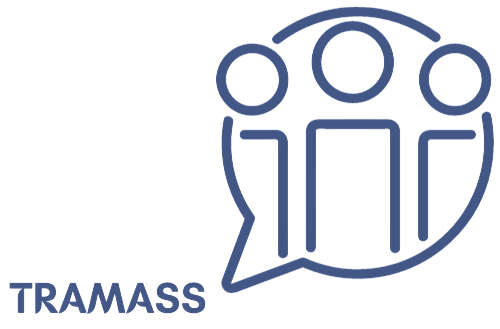
In July 2023, researcher María Jiménez Castro collaboration as health interpreter with the Interpreting and Intercultural Mediation Service of the association “Salud Entre Culturas”. During these workshops, health education activities for migrants were carried out, within the framework of the VH-COMSAVAC project.
The aim of the Interpreting and Intercultural Mediation Service is to solve communication issues that arise when patients and healthcare providers do no share a common language and culture. In this way, access to information and autonomous decision-making are guaranteed. In the case of these workshops, the role of the health interpreter is to orally translate the information of the workshops from the original language in which they are delivered into the language of migrants attending the activities, thus enabling effective learning and education.
The work of the Interpreting and Intercultural Mediation Service of “Salud Entre Culturas” is based on four main pillars: Awareness-raising on diseases, diagnosis, referral of detected cases to the health system and vaccination as a prevention method. To comply with these pillars, it is essential to communicate in a linguistically and culturally accessible way what these infections are and provide migrants with information about their importance and effects. This will make the diagnostic and treatment process easier for these communities, as they will be aware of the symptoms, and how to deal with them.
Moreover, preconceived beliefs of each community (religion, sexuality, etc.) should also be considered. While these stigmas may pose a challenge to awareness raising, information must be provided in a way that addresses the different perspectives of each community on health-related issues, which are influenced by sociological and cultural factors, among others. Disease prevention messages must therefore be culturally adapted and address these beliefs. At this point, the relevance of including interpreters and mediators in dissemination processes becomes clear again, as they are experts with a linguistic and cultural background that enables them to convey information not only from one language to another, but also adapting messages to the different cultures of the target audience.
Furthermore, there is a wide variety of formats for the dissemination of materials and awareness-raising, ranging from written formats, such as leaflets, to audio-visual formats, such as videos. These types of permanent materials are key to educational work, as they can be accessed anytime, anywhere. Compared to workshops, where the dissemination of information is mostly oral, leaflets or videos can be consulted again to reinforce the contents conveyed.
